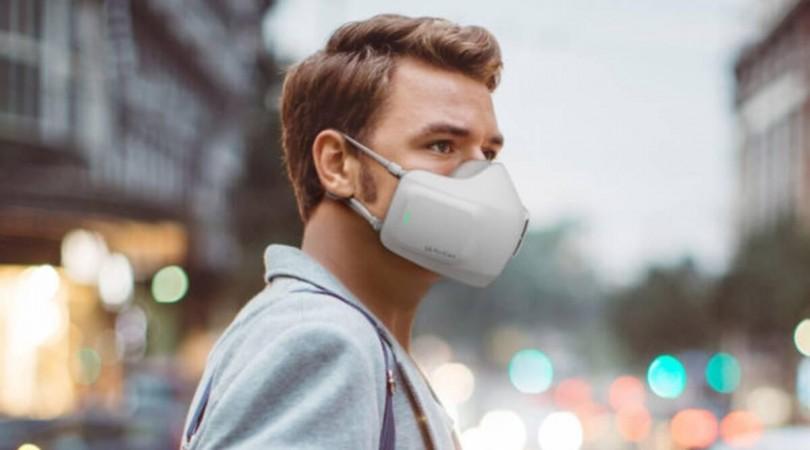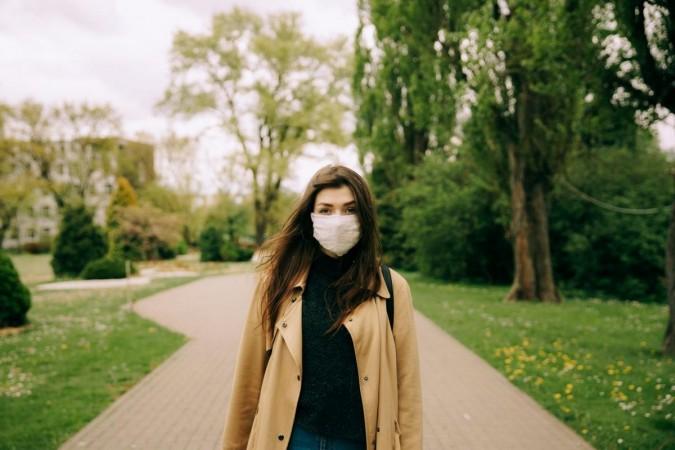Last year, the Covid-19 virus caused a rampage across the world infecting over 105 million people, but accumulated mutations continue at a steady rate of two per month. The three distinct strains of the coronavirus that have recently cropped up in parts of the United Kingdom, South Africa, and Brazil are three times potentially dangerous and transmissible than the previous one.
As a result, public health experts have started recommending that people need to upgrade their basic form of cloth masks to double or triple layer of masks that may effectively block more particles due to more layering, creating a tighter seal around the face with fewer gaps.

Layering adds an extra level of filtration
The concept of double-masking garnered a lot of attention after Dr. Anthony Fauci, America's top infectious disease expert, touted it on the show TODAY, late last month, saying, "It just makes common sense that it would be more effective."
Start with a surgical mask closest to your face and then add a cloth one on top of it. However, that doesn't mean one would just keep piling them on top of another. Just one additional mask is plenty or else the person will find it difficult to inhale.
"A cloth mask might be 50 per cent effective at blocking viruses and aerosols," Linsey Marr, a researcher at Virginia Tech who studies airborne virus transmission, told NPR.Org. "We're at the point now ... that we need better than 50 per cent," Marr added.
The researcher reveals one of the downside of surgical masks is that many of them fit loosely and a mask's ability to filter out particles depends partly on how well it seals the face.
Consider KN95s and KF94s

Choosing a better cloth mask or adding filter by a material available at fabric stores called 'spunbond', also sold under the brand name Oly-Fun, is said to boosting the efficacy of a cotton mask by almost 35 per cent. Since the availability of N95 is scarce these days or limited to health workers, Chinese made K95 respirators that supposedly filter out at least 95 per cent of small airborne particles are pretty mcuh pervading the market.
Fake N95 masks
However, one should be aware that the market is awash with fake KN95s also. In addition, another foreign-made respirator, the KF94, has also lately gained a lot of buzz. The KF stands for "Korean filter" as the mask is made in South Korea, while, the '94' on the other hand signifies that it is designed to block out at least 94 per cent of small particles.
The KF94 respirators look like an N95, but with side flaps that mold to the contours of the face with an adjustable band around the bridge of the nose.
An important thing to note here is, in case you are opting for any one of these respirators then do make sure they fit tightly to your face. No matter whatever you choose, the best mask is ultimately the one that you will wear consistently.












